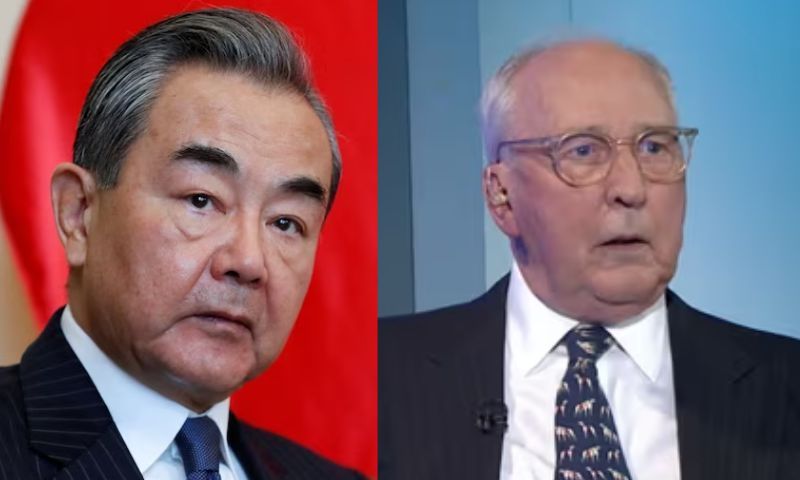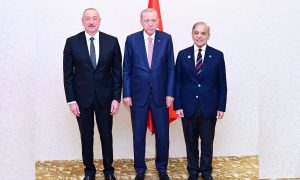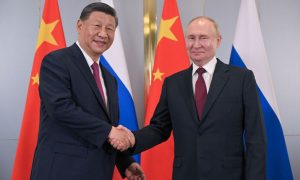CANBERRA, Australia: China’s Foreign Minister Wang Yi is set to engage in talks with Australian officials during his visit to Canberra, including a meeting with former Prime Minister Paul Keating, known for his advocacy of closer ties with Beijing.
This move, seen as potentially contentious given Keating’s criticism of Canberra’s stance on China, threatens to overshadow efforts to improve strained relations between the two countries.
Wang Yi’s visit, hailed as a step towards reconciliation between China and Australia, takes place amidst ongoing tensions.
While the meeting with Australian counterpart Penny Wong signifies diplomatic dialogue, Wang’s decision to engage with Keating, a vocal critic of Canberra’s approach towards China, adds a layer of complexity to the discussions.
Paul Keating, who led Australia’s Labor government from 1991 to 1996, has been a staunch advocate for stronger relations with Beijing. His remarks challenging the portrayal of China as a military threat and advocating for deeper engagement have raised eyebrows within Australian political circles.
In response to Wang’s invitation, Keating expressed willingness to discuss international matters, emphasizing the importance of dialogue and courtesy in diplomatic engagements. However, his viewpoints on China’s intentions and Australia’s foreign policy approach have drawn both support and criticism domestically.
Australian government officials sought to downplay the significance of Wang’s meeting with Keating, highlighting Keating’s stature as a former prime minister and his longstanding advocacy for closer ties with Asia. Nevertheless, opposition figures have raised concerns, suggesting that Keating’s alignment with China’s position could be utilized for propaganda purposes.
As China and Australia navigate complex diplomatic terrain, the outcome of Wang’s meetings with Australian officials, including Keating, may shape the trajectory of bilateral relations and influence regional dynamics.
























